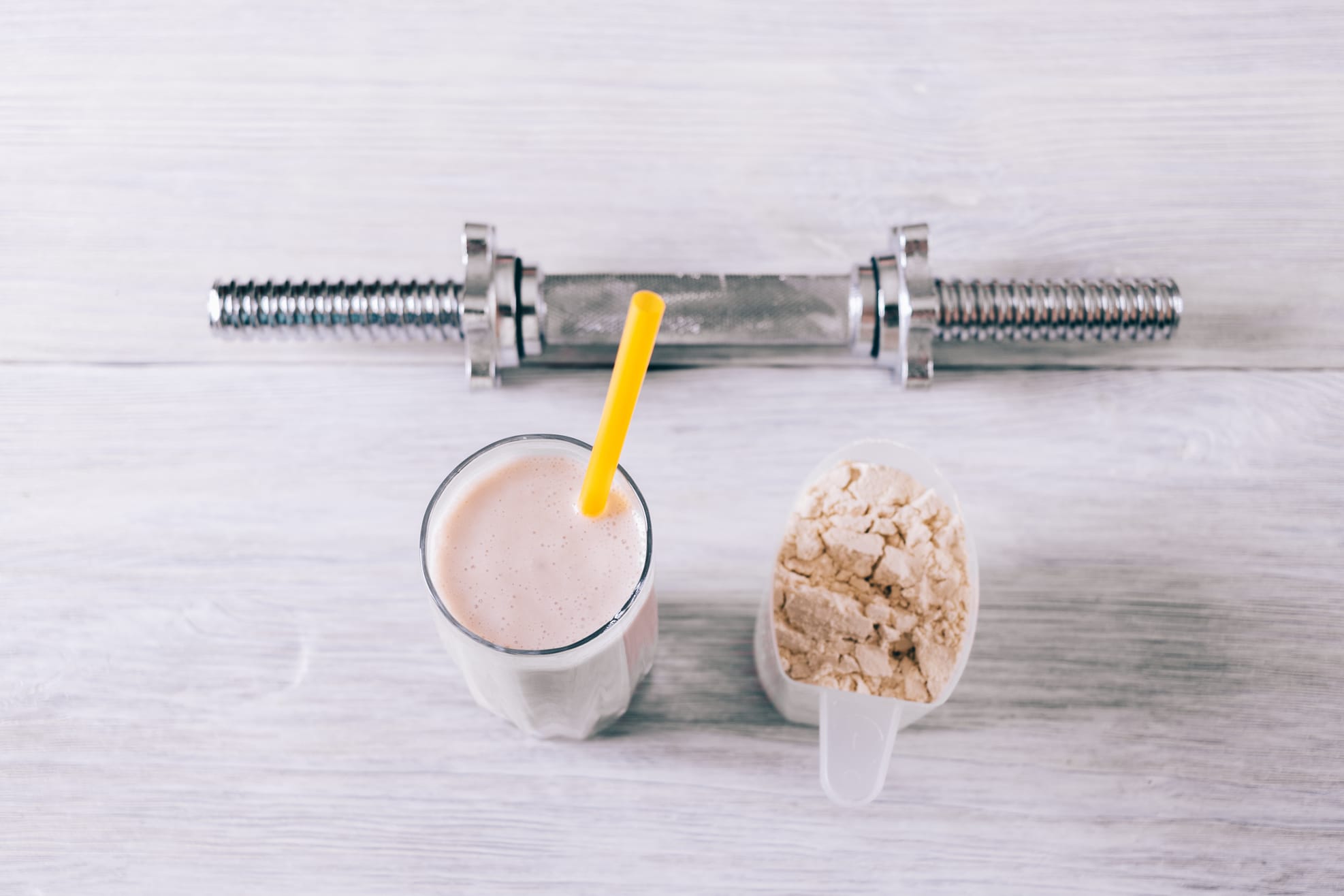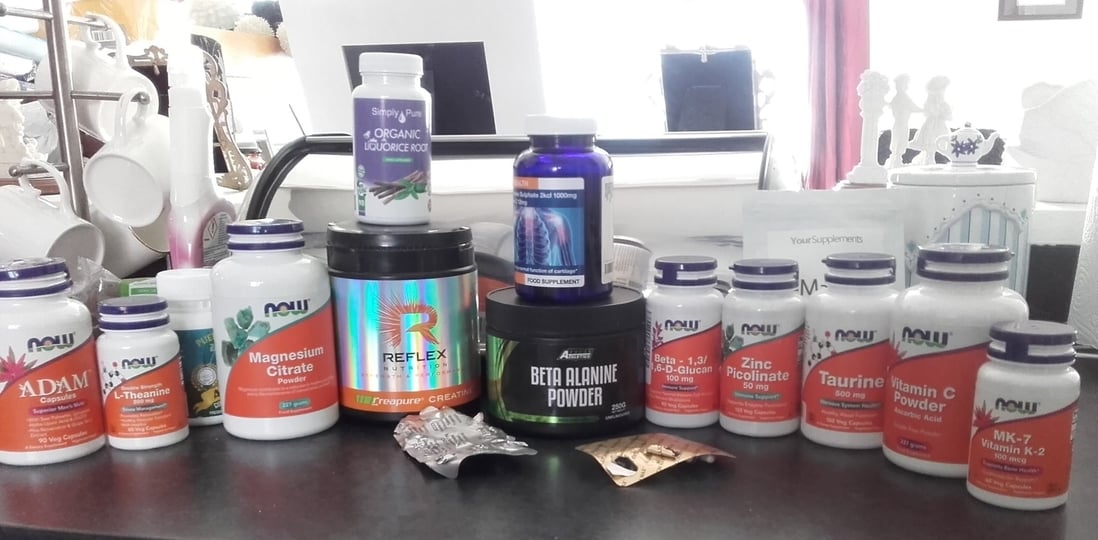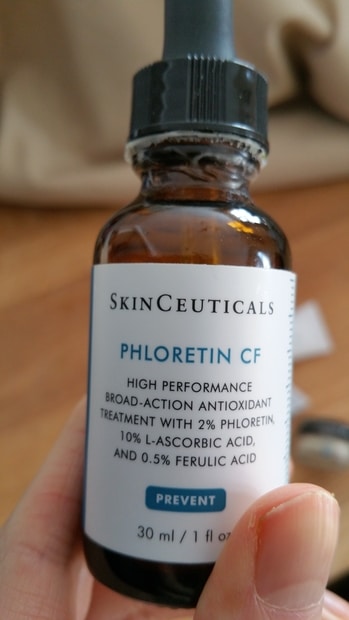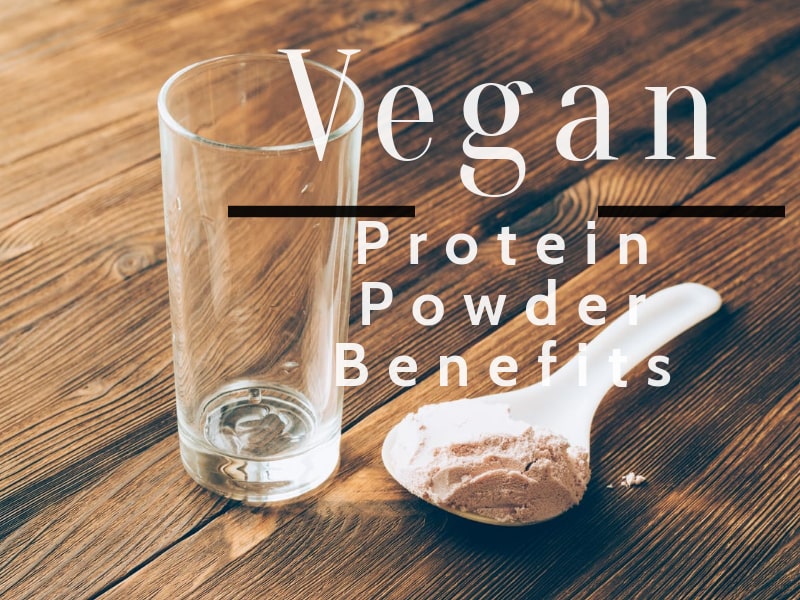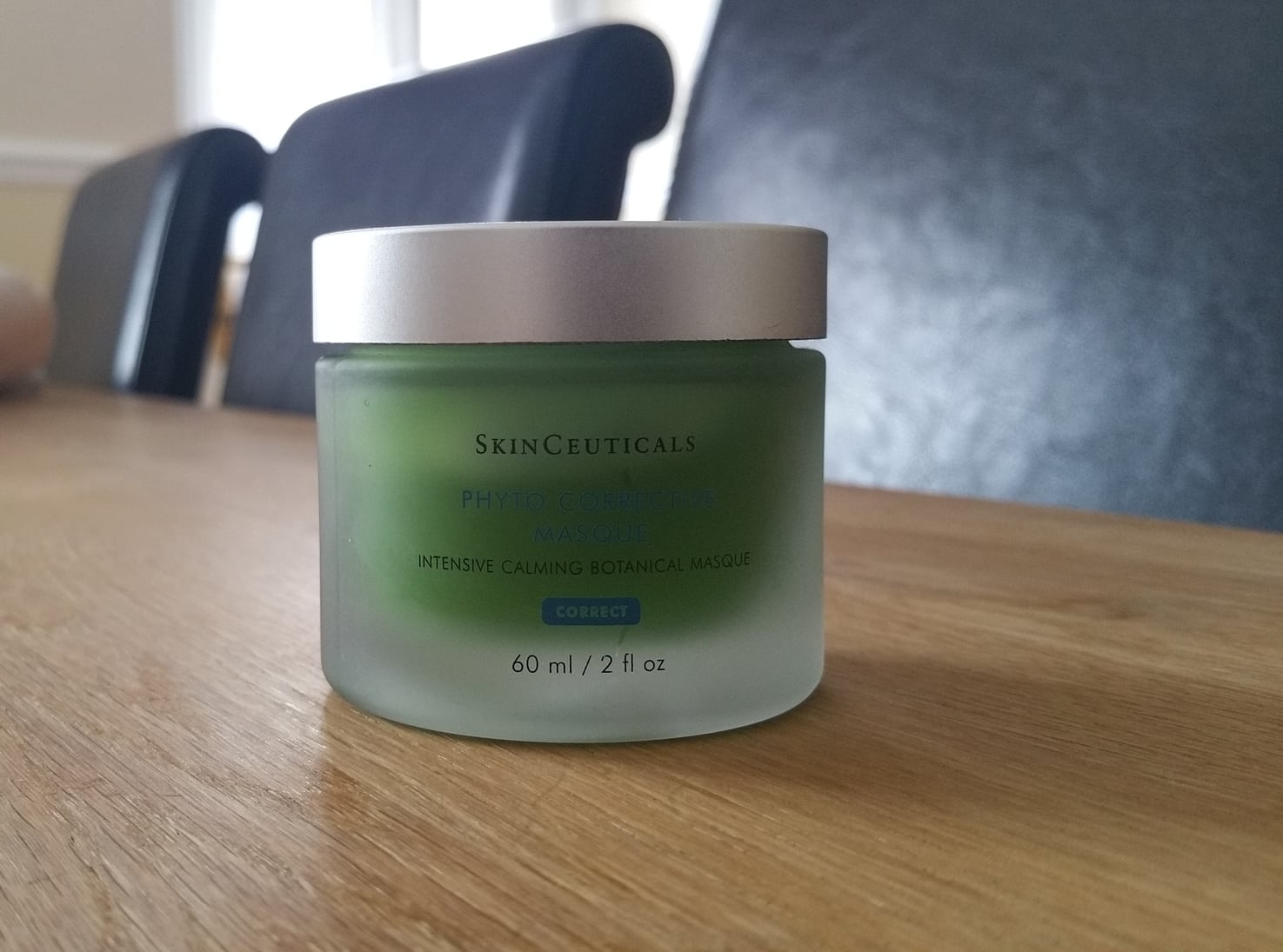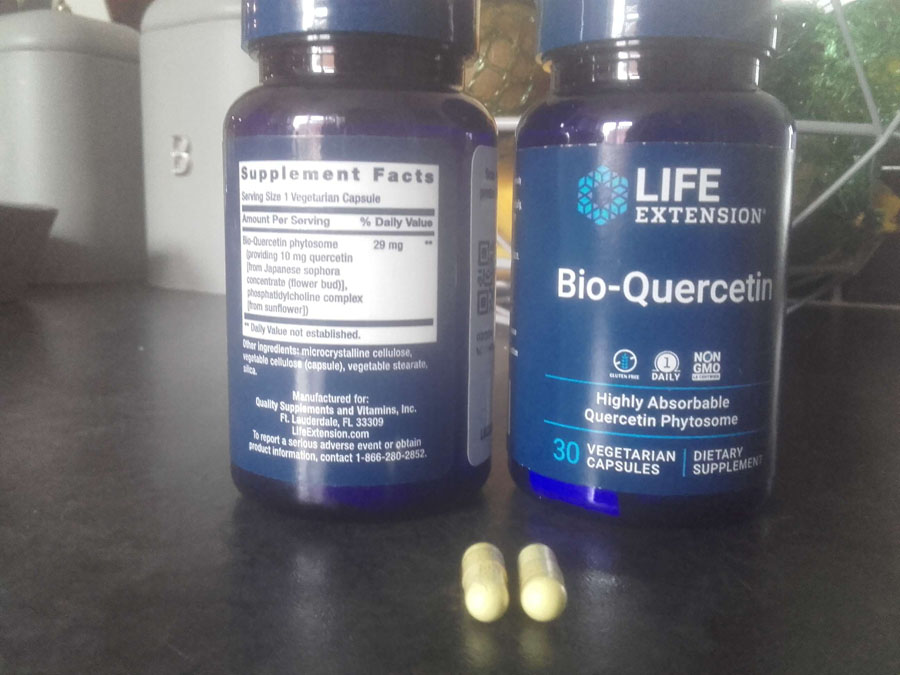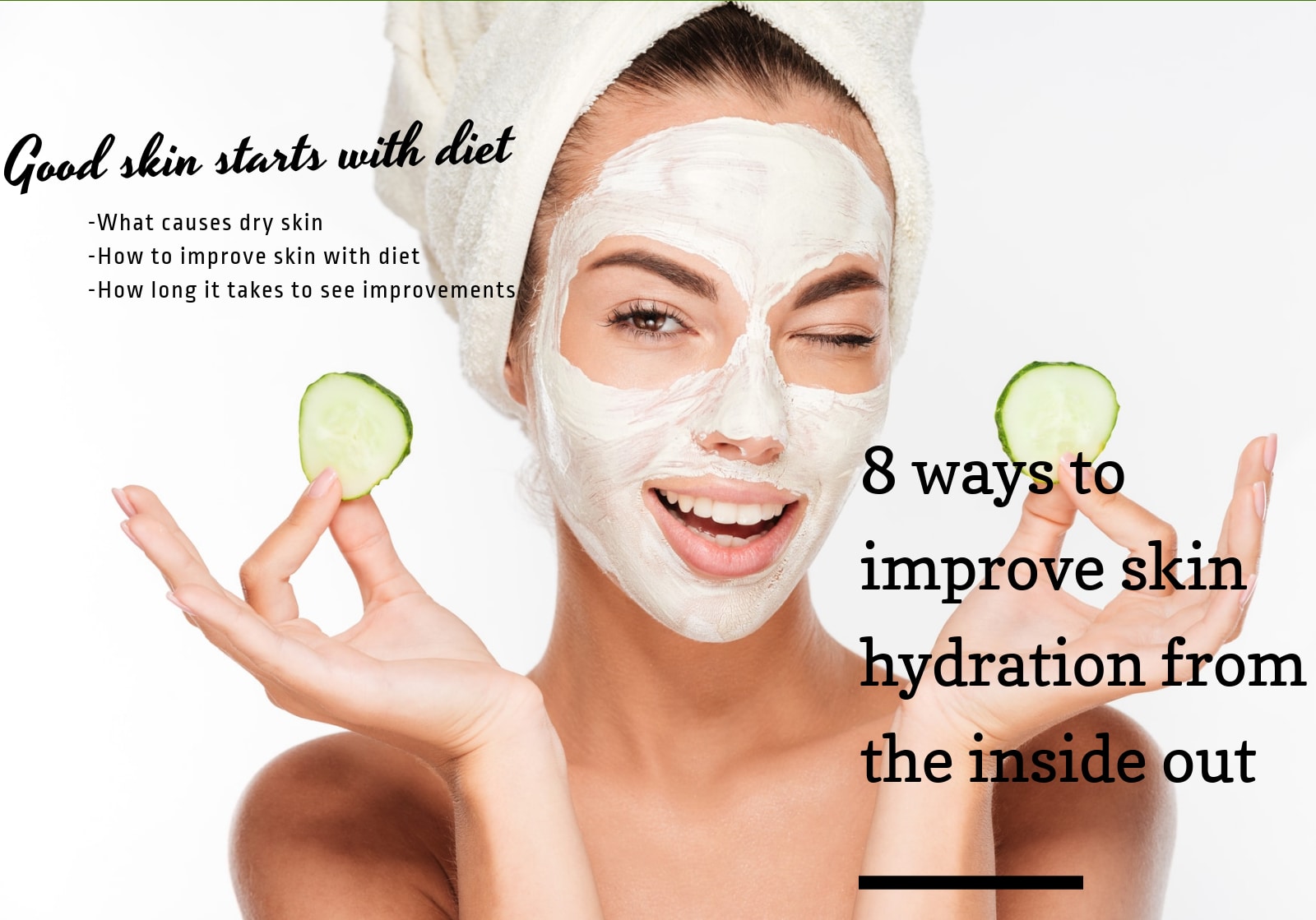Disclosure: This article may contain affiliate links. If you decide to make a purchase, I may make a small commission at no extra cost to you.
When we are young our skin is able to snap back into position very quickly. However, with age, the amount of time the skin takes to return to its position is slowed and this is a sign that you’re losing the elastic fibers due to the effects of photoaging and the aging process itself. In this article, I’ll examine some of the best supplements to help preserve the elasticity of your skin and protect against the effects of aging.
Pinch the skin in between your index finger and thumb and it should go back almost instantly if you’re under 30. If you’re older than that, it may be a little slower if you haven’t taken care of your skin and protected it from the sun.
I’m very much into anti-aging skin care, but I know that this isn’t the total solution. We must also be mindful of what we put into our bodies. Previously, I’ve talked about supplements that support collagen, but we need to also protect our elastic fibers. Natural compounds found in nature are able to do just that! Here are a few of them.
Top supplements which can help preserve skin elasticity
#1. Garden of Life (MyKind) Collagen and Elastin Supplement

Many of these same polyphenols and bioflavonoids found in this supplement from extracts of green tea, pomegranate, and rooibos, all help block the degradation of elastic fibers in the skin from sun damage and the aging process [1].
The supplement also contains crucial vitamins and minerals which help support the production of collagen and elastin, both of which are required for youthful skin and strong hair.
This supplement is a good foundation, especially if you’re not currently taking a multivitamin.
See more information and the current price here.
#2. BioAstin Hawaiian Astaxanthin – Super Antioxidant Supplement
Topical and supplemental forms of astaxanthin have been proven in multiple clinical studies to help improve wrinkling and skin elasticity in both males and females [2].
In one recent study conducted in 2017, 4 mg per day of astaxanthin was able to reverse some of the age-related changes in middle-aged volunteers, showing a facial skin rejuvenation effect, particularly in those with a high BMI.
Astaxanthin is able to significantly inhibit the expression of metalloproteinase (MMP)-1 and skin fibroblast elastase (breaks down elastin), and therefore protects against sagging and wrinkles [3].
Astaxanthin is a powerful antioxidant:
- 800x stronger than CoQ10.
- 6000x stronger than Vitamin C.
- 100x stronger than Vitamin E.
Each serving of BioAstin will give you 4 mg of Astaxanthin, which is how much is needed to clinically improve skin elasticity, as shown in multiple studies in humans.
See more information and the current price here.
#3. Viva Natural Pycnogenol
Pycnogenol is an extract of the French maritime pine bark which contains many different bioflavonoids, catechins, and other powerful antioxidants that have proven beneficial effects in humans.
One study published in 2004 showed that pycnogenol was able to increase skin elasticity by 9% after 6 weeks compared to the placebo group! Skin roughness also decreased by 6% within 12 weeks [4].
Other studies involving Pycnogenol have shown that the supplement can significantly improve signs of skin aging by increasing collagen synthesis, increasing hyaluronic acid production in the skin, leading to better skin hydration.
Pycnogenol has also been found to improve photodamaged skin by reducing the appearance of age spots, freckles, and other skin pigmentation issues.
See more information and the current price here.
#4. Vitamin K2 For Maintaining Skin Elasticity
Elastin has a high calcium affinity and vitamin K2 appears to be important in preventing the calcification of elastin and its degradation. Therefore, supplementing vitamin K2 could be an extremely good way to help prevent skin aging [5].
Vitamin K2 is mainly found in animal foods, but vegetarians and vegans can obtain it from fermented foods.
Not only may it help with skin aging, but vitamin K2 supplements could be much more effective than Vitamin K1 (which is more abundant in the diet) and reduce the risk of heart disease by reducing artery calcification by over 50% [6].
Giving these findings and its protective effect on arterial elasticity and reduction in calcification, one can imagine that vitamin K2 can also be super useful in reducing calcification of elastin in the skin!
Magnesium is also very important in maintaining elastin in the skin also, so consider magnesium citrate in combination with vitamin K2.
See more information and the current price here.
#5. Turmeric (curcumin) With Ginger and BioPerine For Anti-Aging
Ginger and curcumin possess powerful anti-inflammatory properties that reduce the damage of UV rays and inflammation in the skin.
Studies have also shown that curcumin and turmeric may help protect elastin also!
In one study, curcumin was found to enhance the production of several components of elastic fibers, elastin, and fibrillin-1 in human fibroblasts, demonstrating that small amounts of curcumin may be a valuable skin anti-aging treatment [7].
Its cousin ginger has also demonstrated that it can help block wrinkle formation that can be induced by sun exposure by preventing the expression of fibroblast-derived elastase [8, 9].
Aside from the potential benefits in preventing skin aging, these two herbs have been shown to have numerous health benefits associated with them, especially in combating inflammatory diseases like arthritis.
See more information and the current price here.
Frequently asked questions about improving skin elasticity
Here are a few of the common questions regarding supplements that help prevent skin aging.
Why should you take supplements that support the preservation and production of elastin?
Elastin is a major component of our tissues inside and outside and its degradation occurs due to intrinsic aging and other external and controllable factors like sun exposure.
Taking care of the body from the inside out can be achieved by using a combination of supplements that have proven effects both in the lab and in living humans for the benefits in improving skin elasticity.
By the time you are in your 20s, you should be thinking about preserving the elastin you have, but even if you’ve not yet taken any action, it’s not too late because studies have shown that even middle-aged men and women can benefit from these supplements.
Please refer to the references that I cited in this article for more information.
How long will it take before I notice a significant improvement in skin elasticity?
In as little as 4-8 weeks you may notice an improvement in skin elasticity, as well as other skin benefits from taking these supplements.
For example, females and males using between 4 – 6 mg of astaxanthin per day saw an improvement in crows feet within 8 weeks.
Continuing to use the supplement may provide further benefit, however, studies have not confirmed this. Nevertheless, these ingredients can reduce or prevent further degradation of elastin over time and help you maintain more youthful skin.
Can I take multiple supplements together?
The supplements listed in this article can be taken together, assuming that you are not currently taking a standard multivitamin already.
These ingredients may all act synergistically to improve collagen and elastin production in the skin and prevent skin aging from aging and external factors like air pollution, harsh weather, sun exposure, inflammation, and other causes.
Protecting your skin for maximum benefits
In order to get the most out of using supplements that support skin health, it’s very important that you also protect your skin by avoiding prolonged sun exposure and using sunscreen.
You can also use moisturizers and skin serums like vitamin C to protect and enhance collagen production as well as protect against free radical damage and degradation of elastin fibers in the skin.
Conclusion
In the past, collagen was often the main focus of skin aging research, and while the breakdown and crosslinking of collagen is a very important factor in the appearance of skin aging, elastin is often overlooked in its importance.
Today there are many studies showing that supplements that contain polyphenols, bioflavonoids, carotenoids, vitamins, and minerals, could help prevent the degradation of elastic fibers in the skin which leads to wrinkled and sagging skin that we see with aging.
Aside from the cosmetic benefits from maintaining youthful skin, there are real and important benefits in terms of wound healing and protection against pathogens as we age, as the skin is the largest barrier to the outside world.




